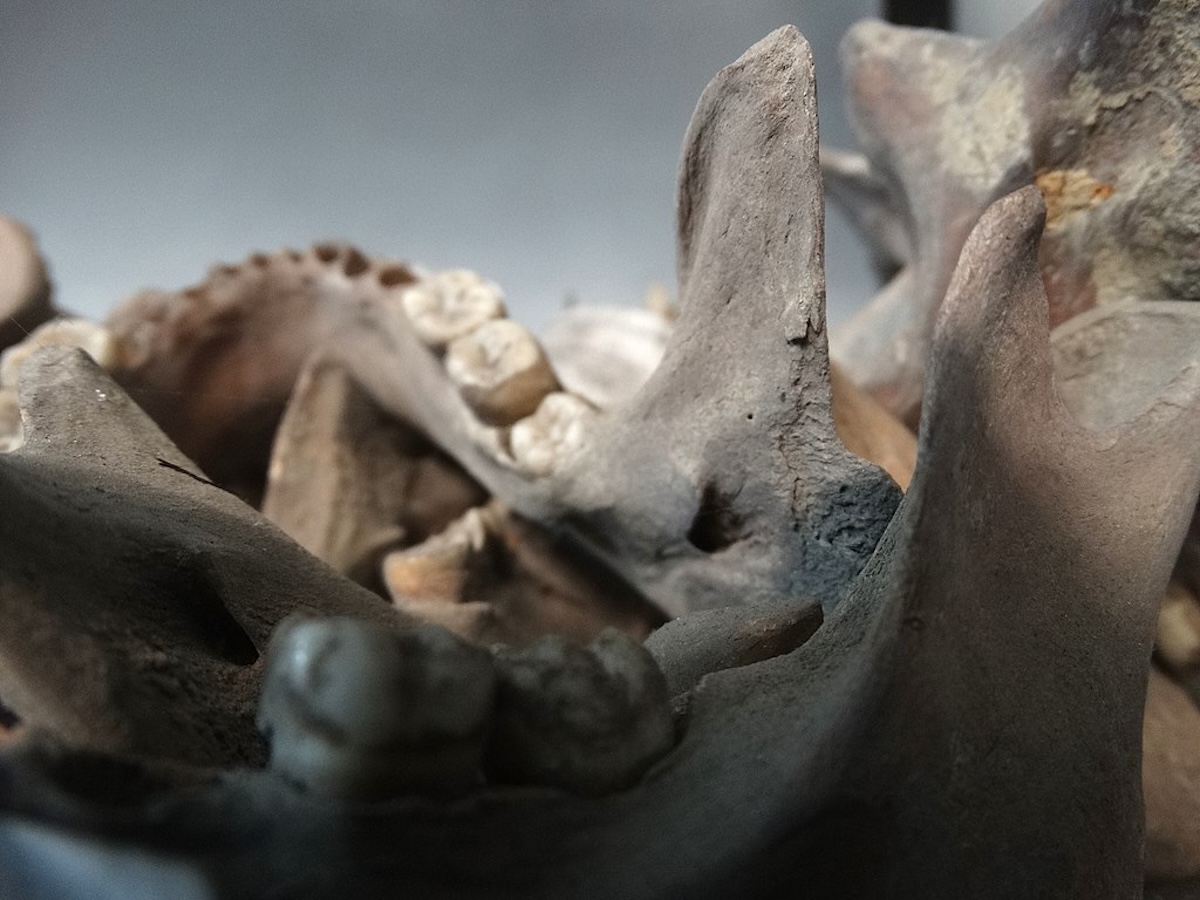Genocide, War and Bangladesh’s Search for Identity
Bangladesh was born of civil war in 1971. The former East Pakistan has wrangled with issues of religion, secularism and democracy ever since.

When Hasina Wazed led the Awami League to power in 2009, she promised Bangladesh’s electorate that she would set up a tribunal to prosecute war crimes committed during the Liberation War of 1971. Bangladesh was East Pakistan at that time and its Bengali-speaking people had been seeking autonomy within Pakistan’s federal structure. Successive Pakistani governments had refused to accede to those demands.
East and West Pakistan were divided by hundreds of miles of Indian territory. When British rule ended in the Indian subcontinent in 1947, two nations emerged. India had a Hindu majority but chose to be a secular republic, while Pakistan was to be home to the subcontinent’s Muslims. Constituted of two parts, the west dominated politics, military and business. When the Pakistani leadership refused to grant the Bengali language equal status with Urdu, discontent grew. Reportedly millions died in a cyclone in the east in 1970 and a poor response from the west convinced many that autonomy was required.







